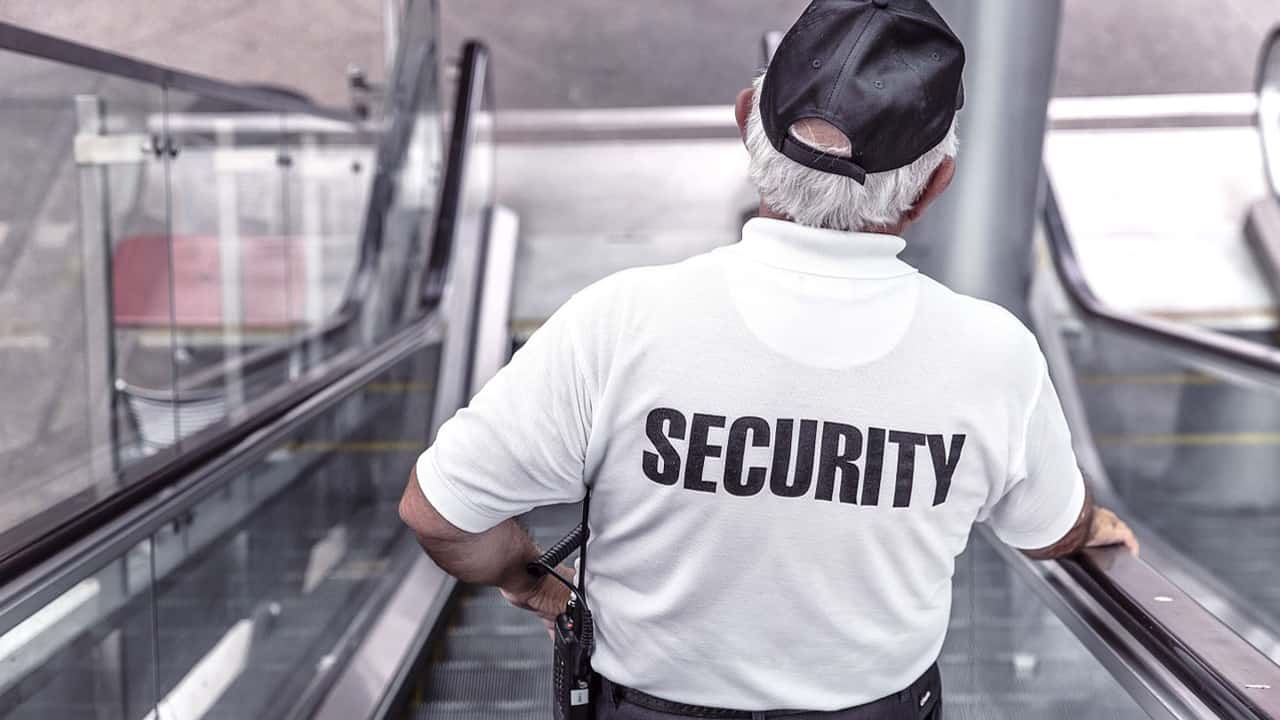In a panel discussion at a national security conference, expert presenters warned that deficiencies in post orders often go unnoticed until a lawsuit brings them into sharp relief. “I go out and look at sites all the time, and when you ask for post orders you get an enormous document if you’re lucky, with pen-and-pencil notations in the margins, or else they use post-it notes for updates,” said the president of a security consulting and training firm. “You have to make it stand up in court. The first thing I’ll do as an expert witness is to demand to see the post orders.”
There are indications that things probably haven’t changed much. Post orders can still slip out of focus from time to time.
In a local media investigation in 2018, for example, KSL TV discovered that multiple security guard contracts held by the Utah Department of Administrative Services (DAS) did not include written post orders for guards posted to its sites. DAS Deputy Director Marilee Richins said state managers likely had “informal orders” in place. The revelation drew sharp rebuke from state officials, who noted that taxpayers were footing a bill of $2 million-plus for security contracts, and that without site-specific post orders it was impossible to fully audit the performance of its security guard contractor and whether taxpayers were getting their money worth.
Retail Security
Post orders don’t always get the attention they deserve in retail environments either. In an interview with LP Magazine recently, the president of a security contract firm noted this example: “One client had an incident where the store manager was asking the guard to perform duties that were not on their post orders, which resulted in the guard not being where he needed to be at the front of the store and leaving the store vulnerable to crime.”
Post orders are written instructions of activities that security officers are expected to perform and should be detailed and reflect expectations. Well-written post orders provide clarity for security officers, help them to maintain records of their activities, allow for consistency in security service, and are key to monitoring performance. Post orders that have not been reviewed recently probably don’t align with priorities or reflect the actual job duties that staff perform, warn experts.
Time is frequently the enemy of post order clarity in contract security arrangements, according to one security consultant. Gradually, more and more functions not specified in post orders tend to be included under the “value-added services” provision of contracts. “I’ve seen where 30 percent of services are put under this title,” he said. “It’s important to recognize at what point value-added services become elements of post duties, because then they’ve become an expectation. If something is being done regularly, then it needs to be captured in contract language and in post orders.”
Otherwise world-class security operations can look remarkably sloppy when examined through the prism of post orders, according to another security services executive. “If you’re feeling okay about your post orders, think about this: We took over three accounts in the last six months, two were from national companies, and all three had post orders that were completely out of date.”
Giving Post Orders Their Due
Unless you have 100 percent confidence in officers using their judgment to exclusively guide them, then post orders play a critical role in the success of the operation. Some advice from experts on the subject:
- Ask yourself, “When is the last time we reviewed post orders?” Also, “Would I be proud to show my post orders to someone if asked?” For many retail companies, the answer to these two questions may be enough to prompt a review.
- Capture it in writing. Often, the most basic responsibilities of a security post (which are frequently the most important) aren’t reflected in written post orders.
- Do post orders provide a road map for officers? Good post orders should help officers follow the path you want them to take under different conditions and in different situations. Although post orders can’t cover every eventuality to which an officer will need to respond, they should be clear on defining the level of involvement that is expected of security officers. This is especially critical for reducing liability, said one executive who heads a company that develops insurance programs for security guard companies.
- Consider linkage between post orders and performance reviews. Clear post orders provide a valuable paper trail for managing—and dismissing—problem performers.
- Highlight event-triggered post orders during refresher training. For example, you might, during one meeting, cover the responsibility of posts during an extreme weather event. Post orders act as the bridge between policy and action.
- In contract security arrangements work closely with the security firm to develop post orders. The security firm may write the actual orders, but they should be derived from client meetings. When post orders are being written, retail executives need to sit down with the contractor and work it out with them.
- Use your complete and descriptive post orders to inform your training program. “The only way to assess adequacy in training is if you first describe what officers do,” said one consultant. “If you want them to perform in a certain way, and do certain things, then you’ll know what you need to train them in.”
